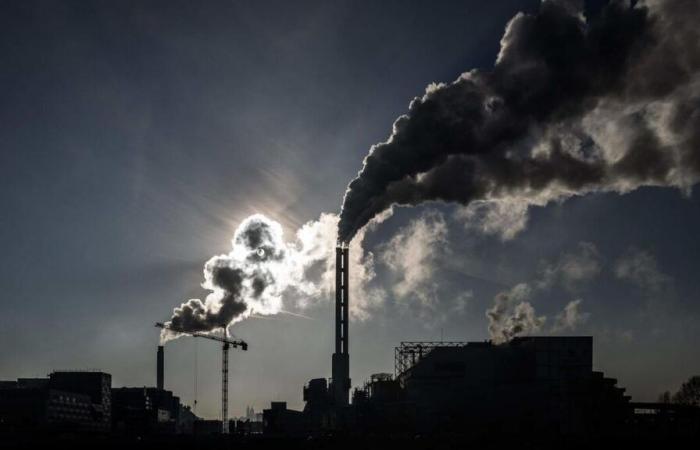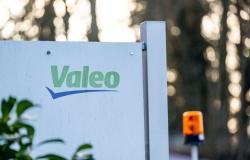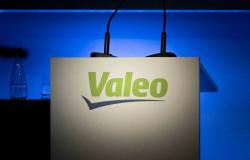They were eagerly awaited. After months of delay and just before COP29 in Baku, France presented on Monday its roadmaps for energy and climate between now and 2030 and 2050.
Tools specifying French energy policy for the years to come, the Multi-Annual Energy Program (PPE) and the National Low-Carbon Strategy (SNBC) will now be subject to consultation until December 15. Renewable energies, nuclear energy, electric cars… Here’s what they contain.
France has confirmed its objective of reducing its gross greenhouse gas emissions by 50% by 2030 compared to 1990, and aims to significantly reduce the share of fossil fuels in its final consumption by 2030, a announced the Ministry of Ecological Transition.
The share of fossils (oil, gas, etc.) will increase in its final consumption from 60% in 2022 to 42% in 2030, according to the PPE and the SNBC, which confirm the launch of a program to build new generation nuclear reactors ( EPR2) and a strong increase in renewable energy capacities.
The government set a sales target of two thirds of electric cars by 2030 when presenting the national low-carbon strategy. He also announced the goal of having 15% electric cars in the country’s fleet by the end of the decade, compared to 2.2% at the start of 2024. In October, sales of electric cars represented 15%. of the total in France, down over one year.
France will have to “renovate 400,000 individual houses and 200,000 collective housing units each year on average by 2030” to achieve its climate objectives of reducing its greenhouse gas emissions, indicates the new SNBC. The building sector, which reduced its CO2 emissions by 5.5% between July 2023 and June 2024, should in total reduce its emissions to 35 million tonnes of CO2 equivalent per year in 2030 compared to 62 Mt in 2022 and 93 Mt in 1990, the reference year, to achieve national objectives, indicate the modeling documents presented Monday by sector of activity.






